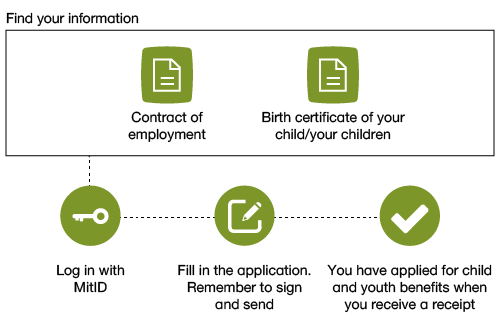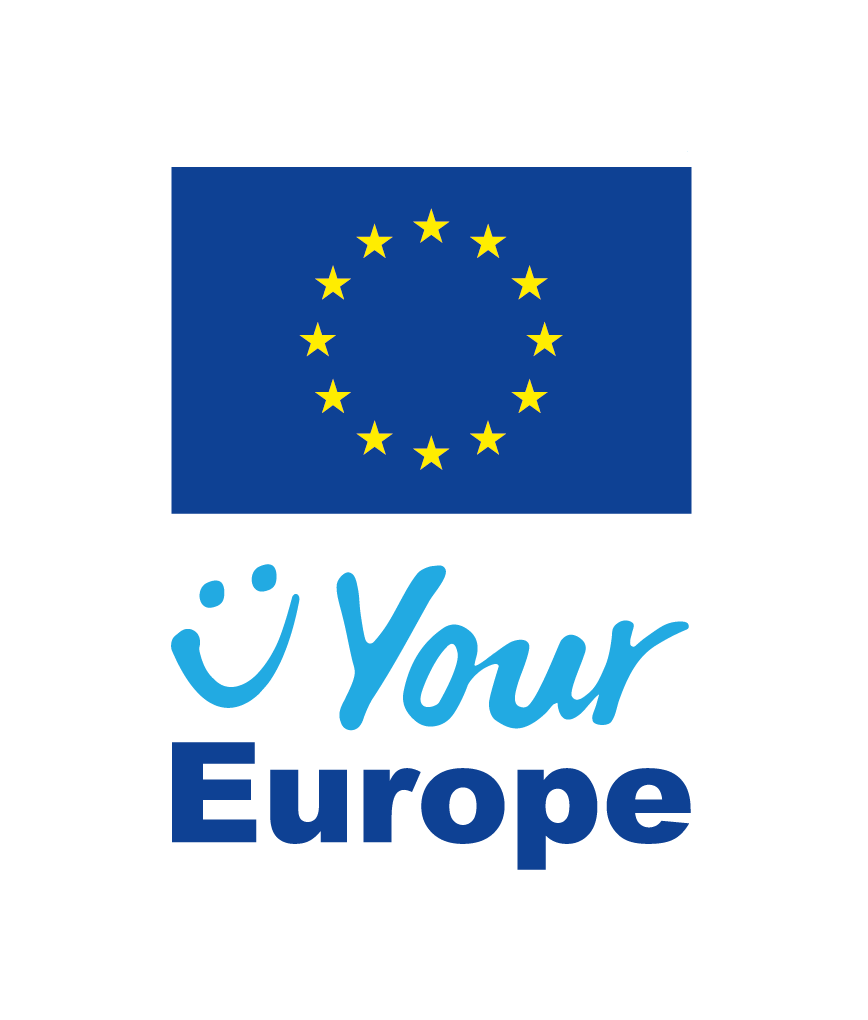You have the right to child and youth benefits if:
- your child is under 18
- your child lives in Denmark
- you live in Denmark
- the person who has custody of the child is fully liable for tax in Denmark
- your child has not been placed in a foster home or is otherwise a ward of the state
- you have lived or worked in Denmark, the Faroe Islands or Greenland for at least six of the last 10 years or earned the right to family benefits in other EU/EEA countries or Switzerland
- you are residing in Denmark under the Greencard scheme.
Read the rules for when you qualify for receiving child and youth benefits as a foreigner under 'What are the rules for foreigners for receiving child benefits?'.
Can I receive other benefits as a parent?
As a parent you may be entitled to other benefits. This depends on whether you belong to a particular group or you are in a particular situation. These benefits can be:
- Child allowance (børnetilskud)
- Child allowance for single parents
- Child allowance for single parents and have adopted a child
- Child allowance for pensioners
- Child allowance for parents in education
- Child allowance in the event of paternity cases or an unknown father
- Child allowance when one or both parents are deceased.
Read the rules for when you qualify for receiving these different allowance on the page about child allowance:

